
Mitchell - The Black Archives
At school, Mitchell Esajas was taught about the Greeks and the Second World World, but topics like the history of slavery or the Dutch Caribbean were left out. This inspired him to set up a university collective organising events related to Black history, culture and career development. They were later approached by brothers Thiëmo and Miguel Heilbron, whose late father – a sociologist from Suriname – had left behind a vast collection of books from his research on colonial history and its legacies. They moved the collection to Oost within the former building of the oldest association of Surinamese people, founded in 1919. Here, they found more fascinating archival material hidden in boxes, from images of anti-apartheid protests in Amsterdam and the Black Panther movement to signed books by Harlem Renaissance poets Claude McKay and Langston Hughes. They thought: how can we make this more available and accessible? They started developing exhibitions in 2017.
Amsterdam in dialogue
The primary mission of The Black Archives is to 'make hidden Black histories more visible and accessible. This includes the history of slavery and resistance against it, Black emancipatory movements and Black culture – from music to dance.' Their recent exhibition, No Healing without Repair, was developed after the government apologised for its role in slavery in 2021. The exhibition hinges upon Rutte’s comment that such dialogue requires not a full stop but a comma – implying that the conversation should continue. 'We ask visitors to share their opinions about what should come after this comma. And they can check out the books, the art - and learn about the history whilst they’re here.'
Black presence
Mitchell describes Amsterdam as a beautiful place, but where a lot can still be improved regarding Black presence and addressing colonial histories. 'Slavery was dehumanising and a crime against humanity. The legacy of this system is still visible when we consider racism and inequality. Recently, a protest was organised by parents in Zuidoost because children there – largely known as a Black neighbourhood – are not given the same socioeconomic opportunities or access to education. ‘The statistics don’t lie. That is just one example, but there are many.' At the same time, Mitchell has witnessed change in Amsterdam – a city that has historically embraced protest for the greater good. 'Many of those involved in the activist movement surrounding the Zwarte Piet tradition came from Amsterdam. At first, we faced backlash and violence. But Amsterdam was one of the first cities to change its policies. I think that reflects the cultural diversity and open mindset many people in the city have.'
Community collaboration
Mitchell describes Amsterdam as a progressive city at the forefront of fashion, design and activism - and where there’s always something to engage with. Patta, for example, is one of The Black Archives long-term collaborators. 'We do different work but share similar values and visions.' After the Black Lives Matter protest on Dam Square in 2020, a few brands (Patta, Filling Pieces, The New Originals, SMIB, Hosselaer) made a T-shirt with proceeds donated to the archives and other organisations. This reflects how The Black Archives collaborate, support and are supported by other local organisations. 'Where else can you find so many fantastic initiatives from Black and other communities? That’s something I’m proud of.' Mitchell’s archives remain a fascinating resource for cultural exchange, renewal and open dialogue in a city of a thousand histories.
Related articles
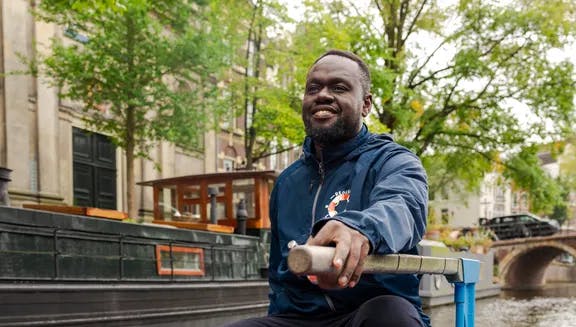
Yusuf - Rederij Lampedusa
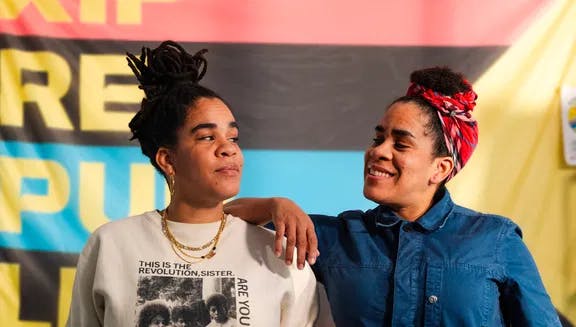
Ira and Ayra - KIP Republic
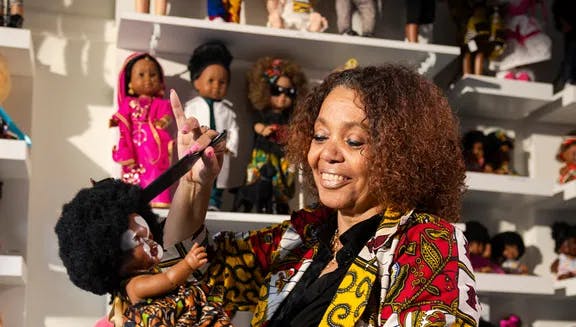
Ellen - Colourful Goodies
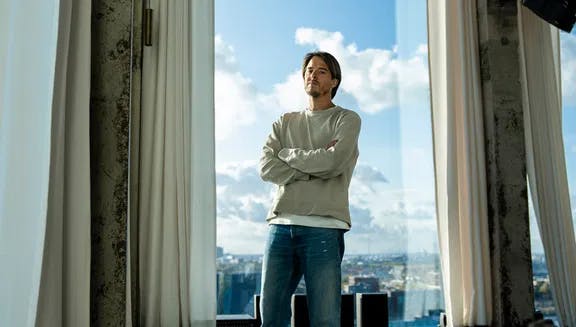
Naut - Audio Obscura
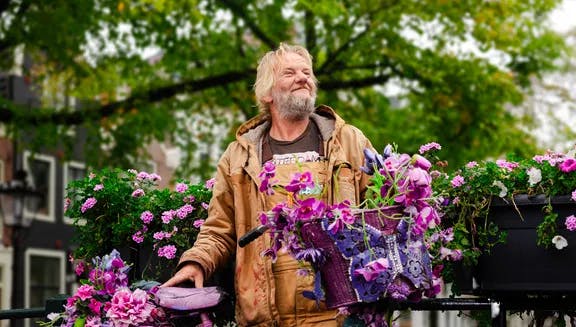
Warren - Flowerbike Man
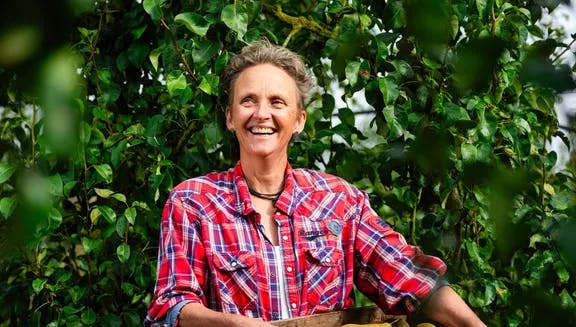
Lisan - Fruittuin van West
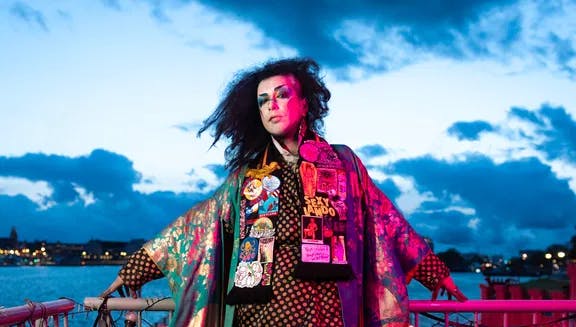
Jordi - SEXYLAND World
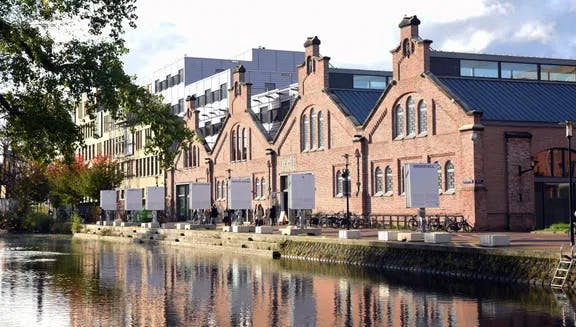
Art and culture in Oost

Wheelchair-friendly history museums in Amsterdam
